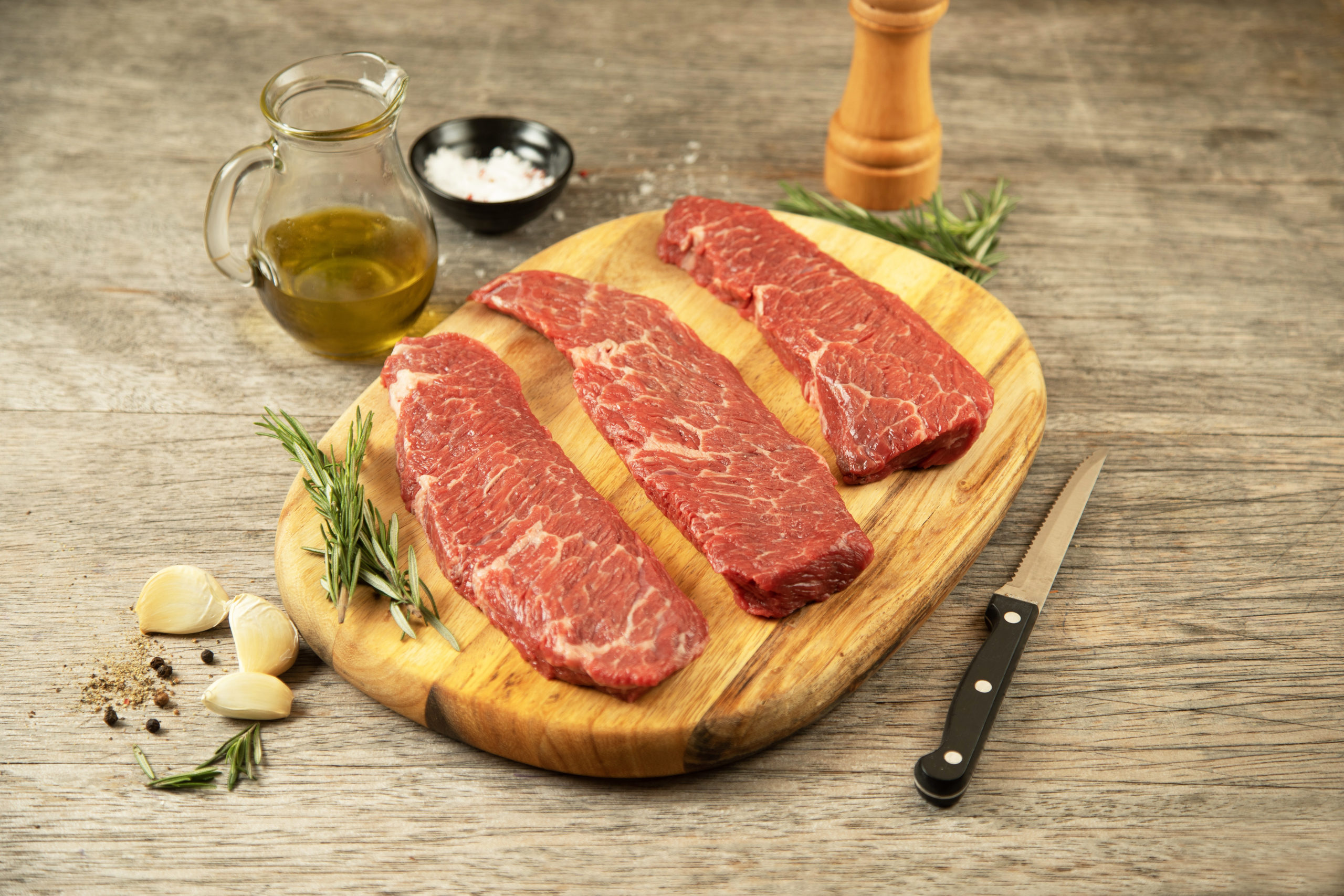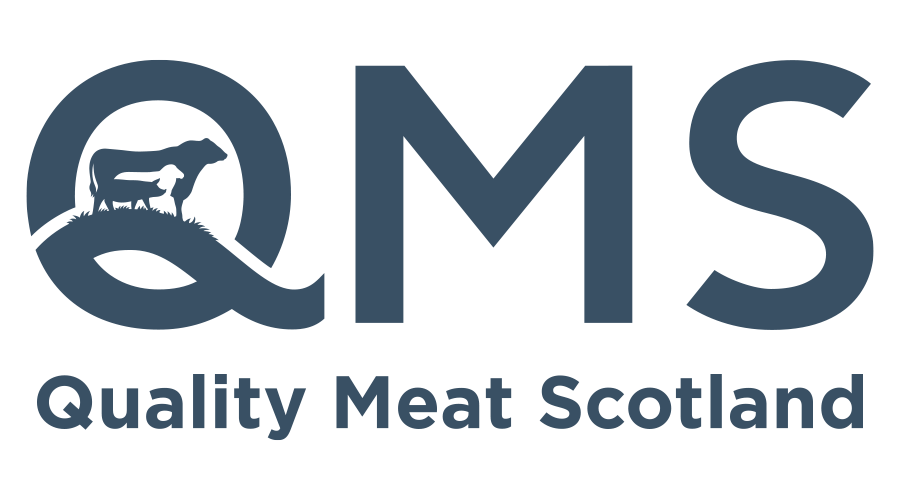The topic of diet and nutrition has always attracted a polarised debate – one day something is healthy to eat, the next it’s not. One of the foods most affected by this is red meat. But now the tide seems to be turning.
A new study published in the highly respected American Journal of Clinical Nutrition1 found that switching to plant-based diets appears to put us at risk of nutrient deficiencies. Looking at the findings of 56 international studies, the scientists from University College Cork in Ireland found that intakes of zinc, calcium, and vitamins A, B12 and D all fell below recommended levels when animal foods were removed from the diet. These nutrients are crucial for things like growth, immune function, eye health and bone strength. The authors commented: “We found evidence that diets aiming to reduce environmental impact can result in lower intakes and status of key micronutrients”.
This makes sense when you look at the superior nutrition in a serving of meat. Pork, for example, contains 10 vitamins and minerals at significant levels and is rich in high quality protein. Lamb and beef are similar nutrition superheroes and also provide a source of iron which is needed to make red blood cells. These carry oxygen around our bodies helping to fuel our activities during the day.
In contrast, a typical meat-free meal has a lower protein quality than animal foods. This is measured by testing the variety of protein building blocks – called amino acids – found in each type of food. Other nutrients are also lower in plant foods, such as vitamin B12, vitamin D, zinc and iodine. On the other hand, plant foods are rich in fibre, vitamin C and polyphenols – which aren’t present in meat – so they are still vital to include in the daily diet.
The superior nutritional content of red meat was explored in another new paper published in the journal, Animal2, which looked at the benefits of eating meat versus choosing meat-free diets. Lead author, dietitian Dr Carrie Ruxton, said: “Red meat has been eaten by humans for tens of thousands of years and the reason is because it is a very nutrient-dense food, containing most of the nutrients we need for growth and repair. Not only this, some of the minerals in red meat, such as iron and zinc, are in a format that’s better absorbed by the human body compared with plant or fortification sources”.
The review then looked at the benefits and risks of eating meat versus avoiding it, finding that moderate intakes of red meat provide far more benefits than risks. Dr Ruxton commented: “Studies which link high meat intakes with health conditions, like bowel cancer, take a snapshot of diet in thousands of people with a myriad of lifestyle habits. But a major problem with these ‘observational studies’ is that they don’t prove cause and effect. What we do know is that people can keep in good health by sticking with a moderate amount of meat – that’s five weekly servings around the size of a deck of cards”.
According to the new review, the risks of meat-free diets are only just being recognised. These include low intakes of nutrients, particularly vitamin B12, zinc and iron, a higher risk of bone fractures and lower protection for muscle tissue. In one study, which tracked people’s health for 18 years, meat eaters had a significantly lower risk of hip fracture compared with groups that avoided meat. Another study found that animal proteins are more effective for building and maintaining muscles compared with plant proteins. This has relevance for older adults where long-term loss of muscle mass can lead to frailty and even falls.
With the proportion of UK adults following vegan diets flatlining at 2-3%3, meat and dairy foods continue to be important foods. And that’s despite the widespread promotion of plant-based diets. A key reason is taste. Studies4 in consumers find that most people prefer the flavour and mouthfeel of real meat compared with plant-based alternatives. This has led to cutting edge food companies adding lab cultured animal fat to plant-based products to mimic the taste of meat, according to an article in Fortune5 magazine. Not only is this likely to be unacceptable to vegans, since lab-grown products need to use starter cultures made from animal cells, but it seems bizarre to have to add animal flavours to make plant foods acceptable. Why not simply enjoy eating a serving of lean red meat in a healthy balanced diet?
Perhaps with the growing opposition to ultra-processed foods – which by the way include many of the plant-based alternatives to meat and dairy – we will come the full circle and return to the omnivorous diets that served our ancestors so well. That’s one good reason for eating red meat.

